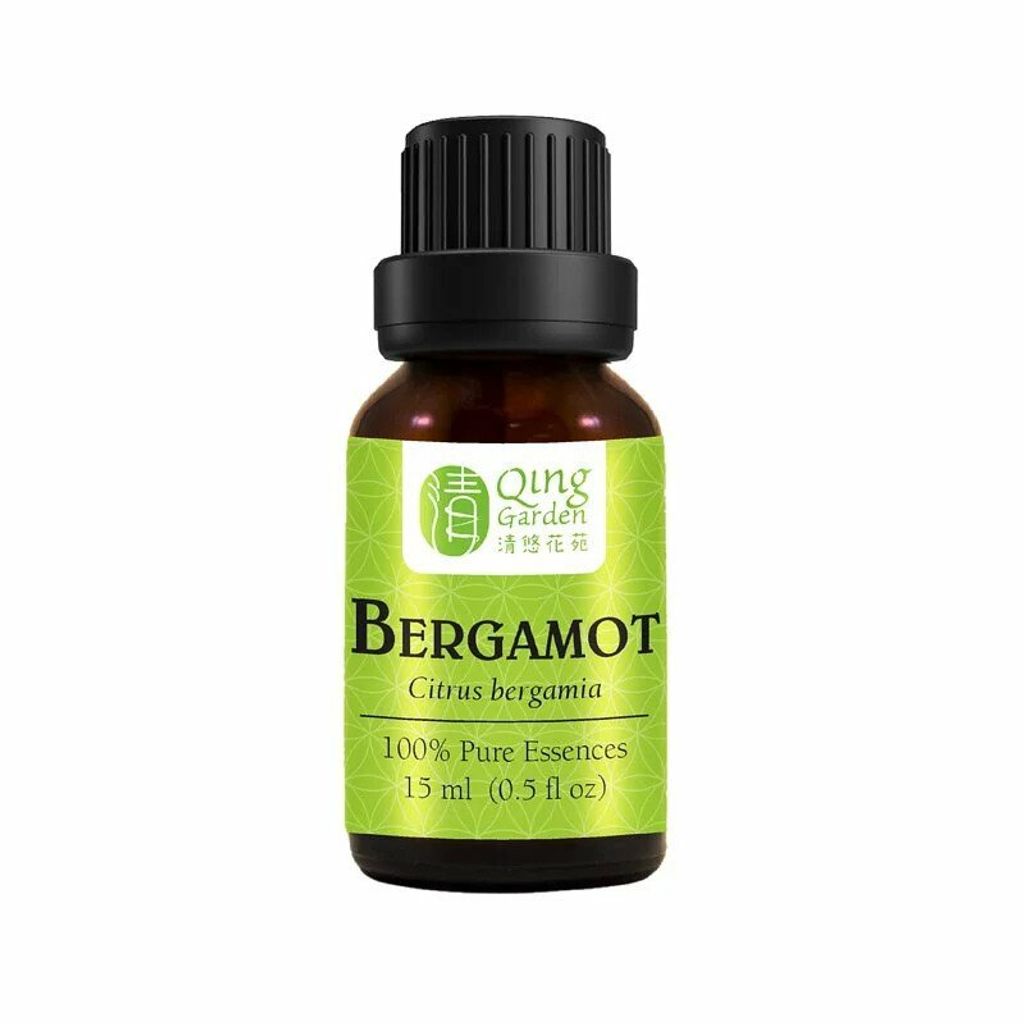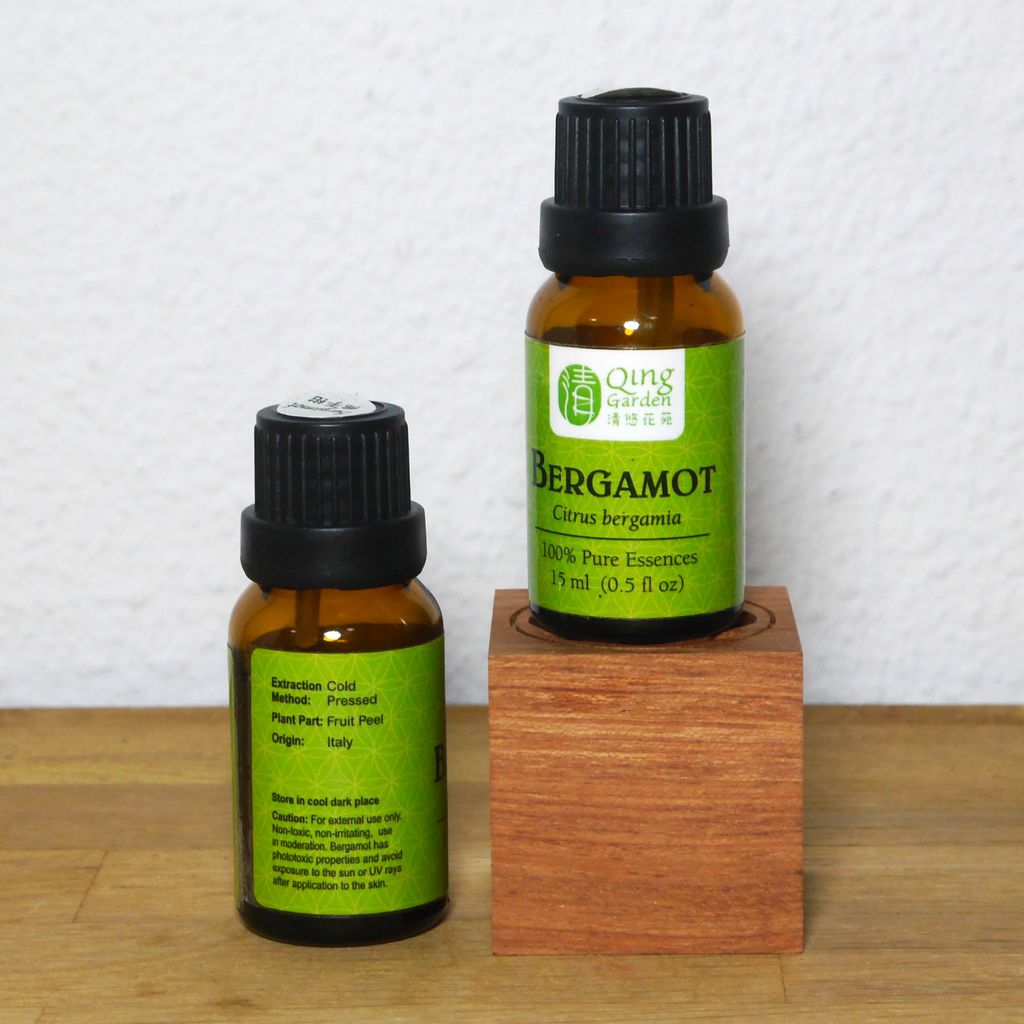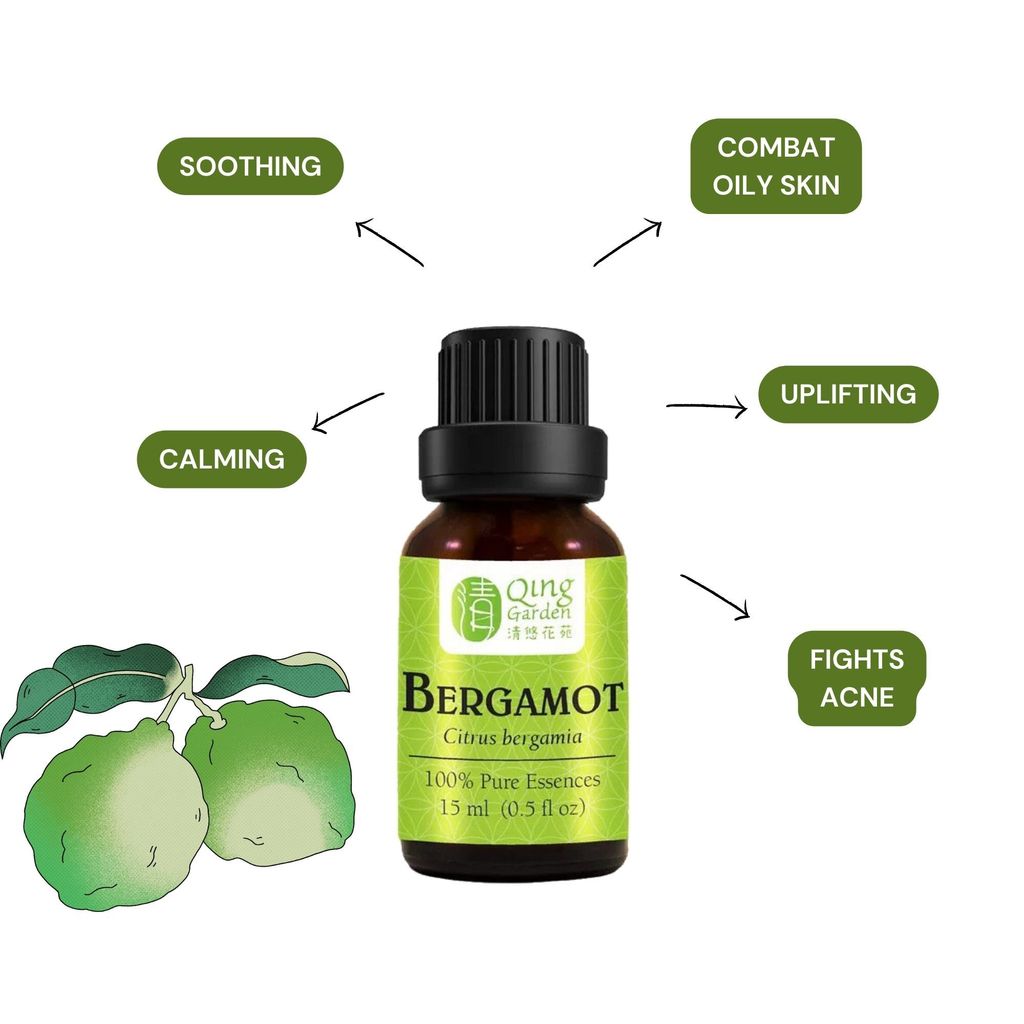Bergamot Essential Oil (Citrus Bergamia)
- Regular price
- S$ 15.00
- Sale price
- S$ 15.00
- Regular price
-
S$ 15.00
Share
The bergamot is a citrus fruit native to southern Italy, is a fragrant citrus fruit the size of an orange, with a yellow or green color similar to a lime, depending on ripeness. Genetic research into the ancestral origins of extant citrus cultivars found bergamot orange to be a probable hybrid of lemon and bitter orange.
Benefits and Uses
Refreshing, uplifting, soothing
- Inhaling its sweet, citrusy scent can help reduce stress, anxiety, and feelings of depression. It's known to create a sense of relaxation and emotional well-being.
- Inhaling the vapor of bergamot oil may help alleviate symptoms of respiratory conditions like congestion and coughs.
- Diffusing it in the bedroom before bedtime can help you relax and unwind.
- Help to alleviate pain when applied topically (diluted with a carrier oil) and massaged into sore muscles and joints.
For topical application, refer dilution ratios here.
Botanical Name
Citrus bergamia
Extraction Method
Cold Pressed
Plant Part
Peel
Origin
Italy
Main Compounds
(+)-Limonene, Linalyl Acetate, Linalool, Sabinene, Gamma-Terpinene, Bergapten
Aromatic Description
Citrusy, floral and bitter
Perfumery Note
Top
Strength of Initial Aroma
Middle
Cautions
For external use only. Non-toxic, non-irritating, use in moderation. Bergamot has phototoxic properties and avoid exposure to the sun or UV rays after application to the skin.Avoid direct sunlight and tanning beds for up to 12 hours after using bergamot oil topically. As with all essential oils, use bergamot oil with caution and consult with a healthcare professional if you have specific health concerns or conditions before using it for therapeutic purposes.
Store in cool dark place.







